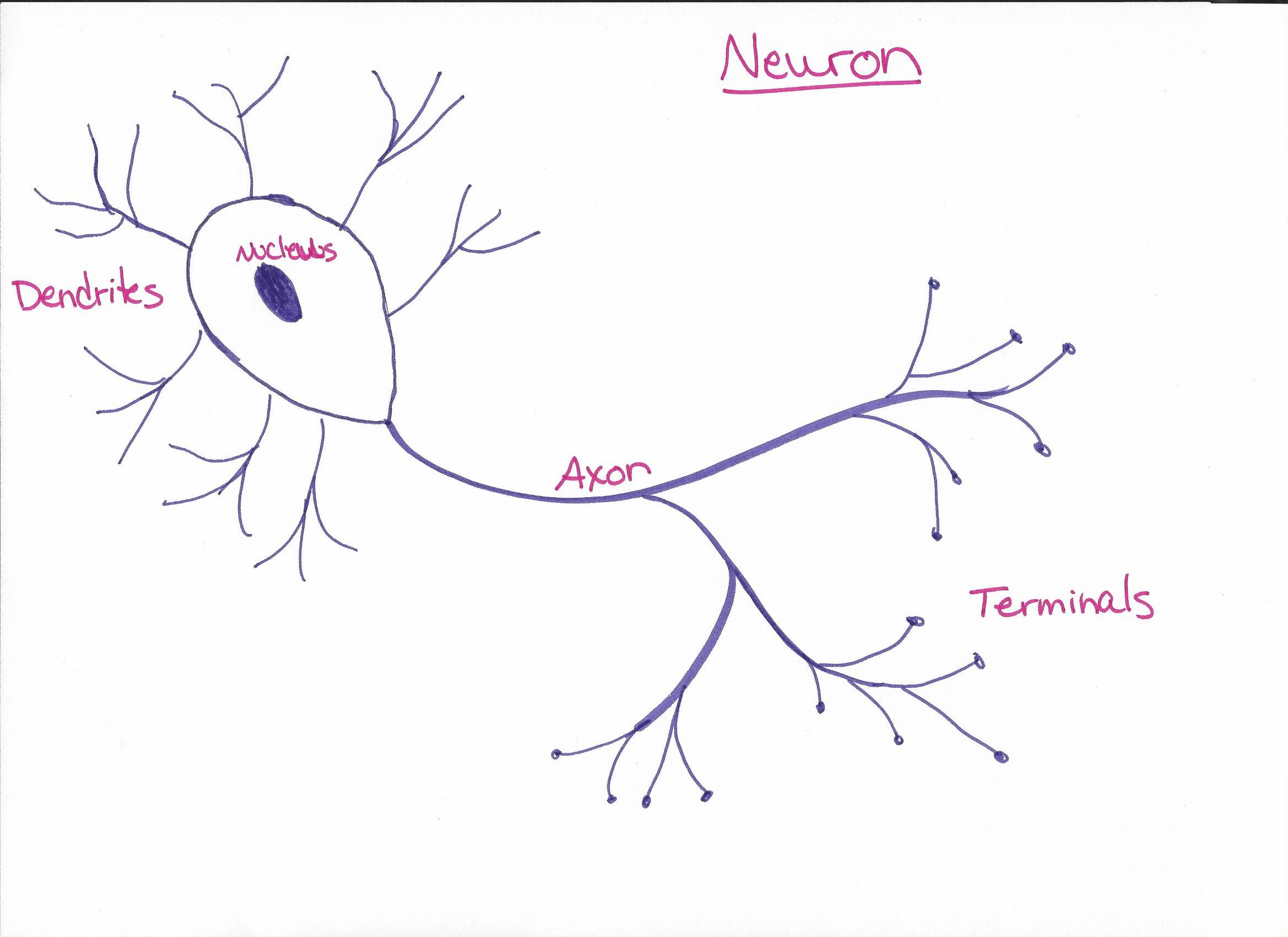Nov 15, 2016
Recap
Frontal Lobe
- Motor cortex - voluntary muscle movements, including the muscles that control speech
- Language translation
- Prefrontal cortex - personality, judgment
Dopamine
The main chemical, or neurotransmitter, that functions in the frontal lobe is dopamine.
Reward System and Addiction
- Dopamine is part of your brain's reward system.
- So think about when you get a Facebook notification.... dopamine is released in your brain, and your brain really likes how dopamine makes it feel. Feels good! So you're brain will help you pay more attention to the things that will get you more dopamine (that's why a 5-second Facebook glance can turn into 30 minutes). This also means that dopamine is involved in your attention span.
- Some newer studies are looking at dopamine's effect on addiction.
- The problem is that it requires increasing levels of "excitement" for your brain to receive the same level of dopamine as the very first time. This is why people with devastating addictions end up on a downward spiral of ruin.
Memories
- Dopamine is also involved in short-term memory, especially in
complex or cascading tasks (where you have to remember a thing from
Step A to complete Step B) in your prefrontal cortex.
- Diseases that take away short-term memory: Dementia (general or Parkinson's-related), Alzheimers.
- Dopamine is being studied in how it related to dementia and Alzheimer's. It's effects are already known in Parkinson's disease.
- To form memories, your brain has to access the same information over and over again (like a smooth, speedy highway). A road only traveled once, is not easy to travel again, especially if there's a long period of time between trips down that road. So in diseases that involve brain cell death, there becomes less and less routes to take to the same memory. Thus, the older memories are the last to go because they have the most access routes.
Planing
- Dopamine is responsible for your planning and motivation mechanisms. If I make a plan and carry out the plan, the reward of dopamine is the outcome.
A New Discovery
They've discovered a genetic component that affects the shape of the dopamine receptors.

These cells in your brain don't actually touch each other. The terminals spit out dopamine, and it floats in the space and hopefully comes in contact with the next cell's dendrites. The dendrites have dopamine-shaped keyholes, and the dopamine should fit in the keyholes perfectly. But they have discovered that a genetic component affects the keyhole shapes, and this make be a root cause for schizophrenia and attention deficits.
If you think about it, the classic symptoms of schizophrenia - paranoia, anxiety, hallucinations, split personalities - most things affected in your prefrontal cortex. So if the dopamine receptors are "broken" in this area of your frontal lobe, you can see how there could be a dysfunction. And this is produced at the genetic level. Science is still learning about this...
Stroke
Strokes or brain injury in this area of your brain can affect personality. These parts of your brain don't grow back! Some issues related to the speech motor area of the brain (Broca's area). Stuttering (clinically diagnosed) is a misfire in the motor planning part of speech. Aphasia (loss of words) - part of you brain knows the word but you can't seem to get it out of your mouth. Strokes in this area can cause some strange effects in the loss of words.
Seizures
There is also a type of epilepsy (seizures). Seizures are a misfire or a short in the electrical signals of the brain. Seizures in the frontal lobe can possibly affect memory (epilepsy-related amnesia). Must be diagnosed by a neurologist.
Story Time
Back in the day, there was a guy named Pheneas Gage who worked on the railroad. An accident involving dynamite and a railroad spike, led to a major head injury and an altered personality!
We rub our forehead when we're trying to remember something because that's where our short-term memory is.
#RealTalk
Cynthia doesn't have that many Facebook friends!
Connect with me
Support us on Patreon
*NEW* Join the Pharmacist Answers Podcast Community on Facebook
Subscribe: iTunes, Stitcher, GooglePlay, TuneIn Radio
Music Credits: “Radio Martini” Kevin MacLeod (incompetech.com) Licensed under Creative Commons: By Attribution 3.0 http://creativecommons.org/licenses/by/3.0/

